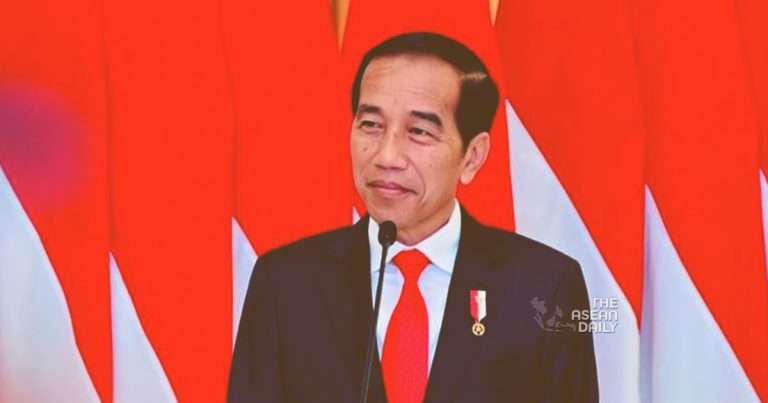24-11-2023 (JAKARTA) President Joko Widodo of Indonesia officially commenced the construction of the country’s first carbon capture, utilisation, and storage (CCUS) project in the province of West Papua. Operated by BP Plc, this initiative marks a significant step towards carbon storage in Indonesia.
Energy Minister Arifin Tasrif stated that the CCUS project has the potential to store up to 1.8 gigatonnes of carbon dioxide. Notably, BP had announced in September its intention to invest $2.6 billion in the project, with the first carbon injection anticipated in 2026. However, the company did not disclose the exact investment figure for the venture.
This new undertaking follows the recent completion of BP’s Tangguh Train 3 liquefied natural gas (LNG) project in West Papua, which had a total cost of $4.83 billion and concluded last month.
Indonesia is actively pursuing the development of CCUS and carbon capture and storage (CCS) technologies. The country possesses an estimated carbon storage capacity of 8 gigatonnes in depleted oil and gas reservoirs, as well as 400 gigatonnes in saline aquifers.
According to data from the energy ministry, Indonesia currently has 15 CCS and CCUS projects in various stages of preparation, with a combined investment totaling nearly $8 billion, including BP’s project.
While the international oil and gas industry has the potential to significantly scale up such technologies to help achieve the global goal of net-zero emissions by 2050, the International Energy Agency (IEA) cautioned in a recent report that their effectiveness as economically feasible solutions to combat global warming may be limited if there is no reduction in oil and gas production.
During his visit to West Papua, President Joko Widodo also inaugurated the construction of a fertiliser plant in Fakfak. This plant aims to produce 1.15 million metric tonnes of urea fertiliser and 825,000 metric tonnes of ammonia fertiliser. The estimated investment for the plant amounts to 30 trillion rupiah ($1.94 billion), and it is expected to be completed by 2038, according to a statement from the presidential palace issued late on Thursday.




